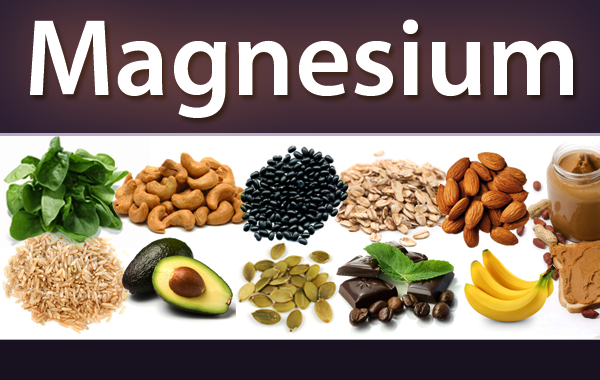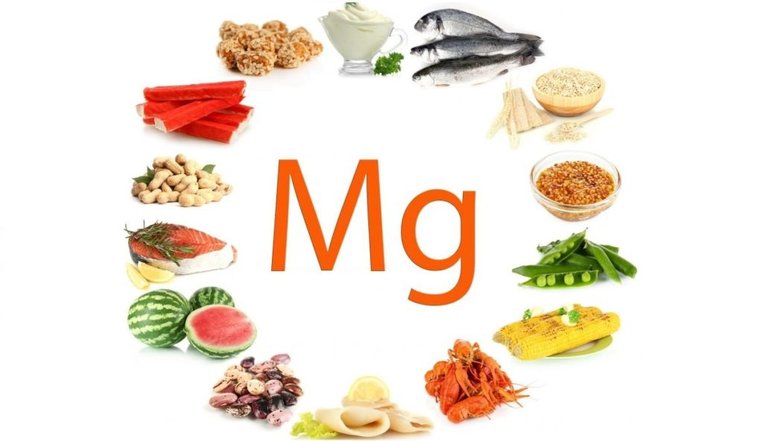Magnesium is an essential mineral that is needed for some of the vital functions of the body, which is unfortunately often overlooked.

Magnesium helps maintain muscle and nerve function, as well as normal heartbeat. Magnesium also reduces inflammation, helps boost the immune system, regulates blood sugar needed for more than 350 biochemical reactions in the body. Together with vitamin D, magnesium plays an important role in preventing osteoporosis.
Magnesium deficiency is often associated with many chronic diseases, including atherosclerosis, heart attack and stroke, hypertension, obesity, metabolic syndrome and diabetes mellitus, asthma, migraine headaches, anxiety and depression.
Common symptoms of magnesium deficiency are fatigue, muscle cramps, palpitations, headaches, insomnia and anxiety.

The human body does not produce magnesium, so the need for magnesium must be met from food intake. Well, to meet the needs of the body will meganesium, you can eat dark green leafy vegetables such as broccoli and spinach. Nuts and seeds such as almonds, cashews, pumpkin seeds and sunflower seeds can also be added in your diet to help increase the need for magnesium. In addition, some types of fish such as mackarel or dairy products like greek yoghurt can also be an option.

Magnesium is generally inexpensive and safe for patients in good health. However, those with renal failure should consult with the duct first before deciding to take any supplements. The average dose for a female patient is 400 mg per day, while the average male patient takes 500 mg per day.
cie nu cek akun droe nuh adoe?
steem-id.com/dc/